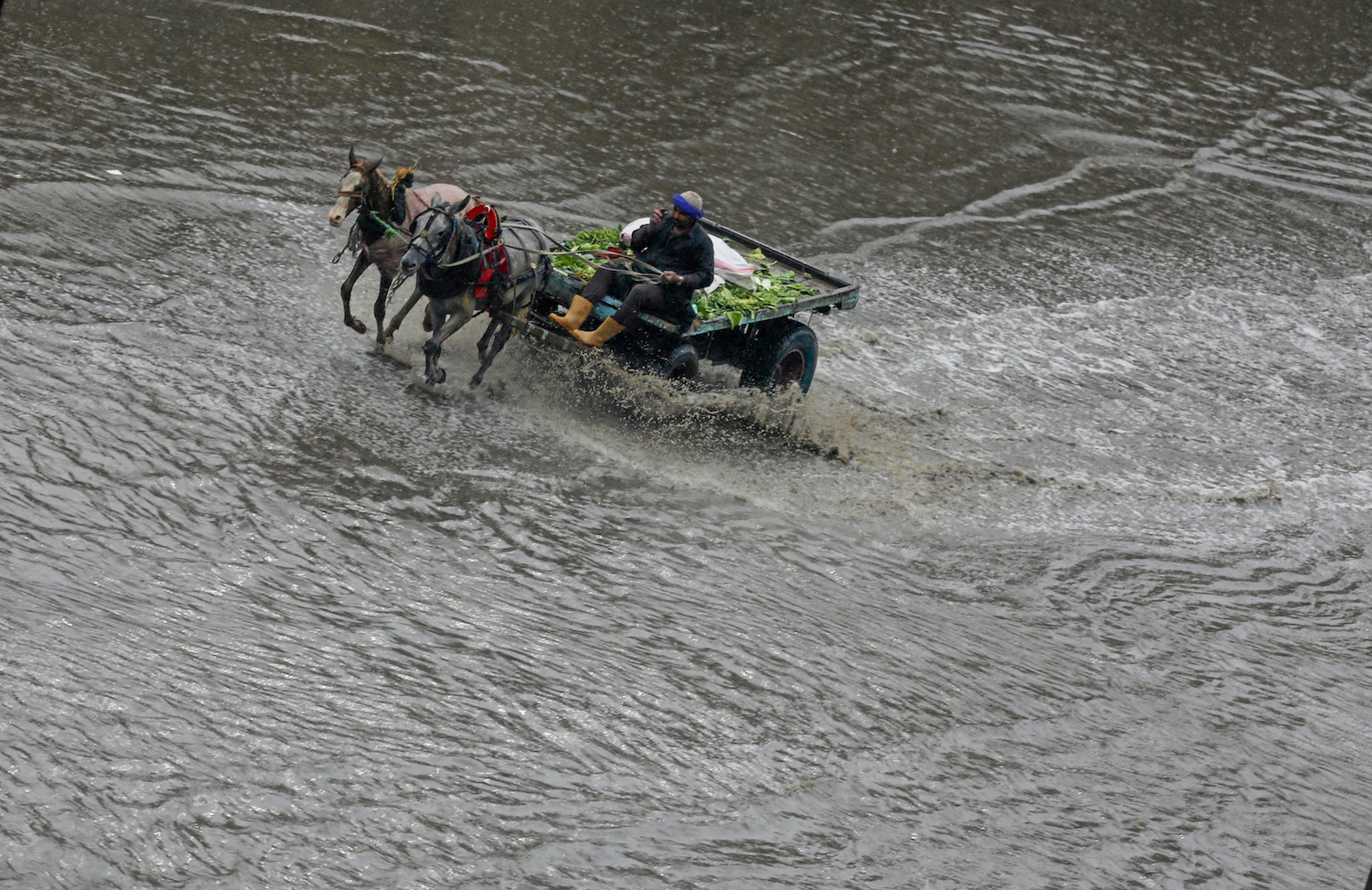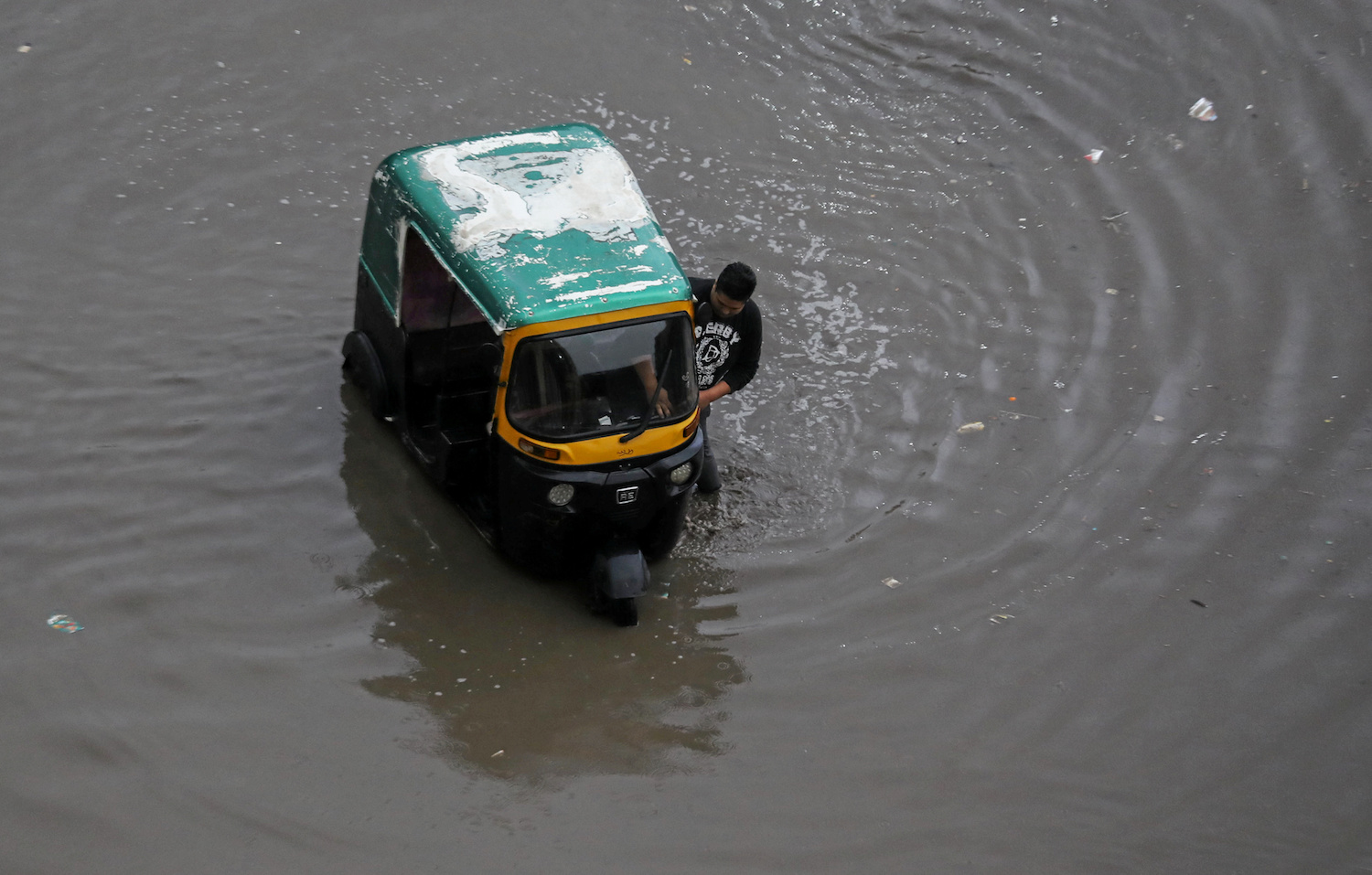CAIRO: Up until recently, Egyptians associated the word “Corona” with a venerable chocolate-manufacturing company.
However, after the emergence of the new coronavirus, the name has taken on a whole new meaning.
Many Arabs familiar with Corona confectionary have been pondering as to whether the global outbreak has impacted on sales and damaged the brand’s image.
As counterintuitive as it may seem, Ahmed Shaaban, Corona’s sales manager, said the health crisis has had the opposite effect.
He pointed out that sales had increased as the coronavirus infection spread from Wuhan in China, where it originated, around the globe. It has now been officially declared a pandemic by the World Health Organization (WHO).
“Egyptians have been buying more Corona chocolate bars. Many visit our stores to joke with the staff about the relationship between the virus and chocolate. The conversation usually ends up with the purchase of our chocolate,” Shaaban added.
Mohamed, a salesman at a Corona outlet, said: “The association of our product name with the name of the virus has encouraged many people to buy our products.” Jokingly, he added: “The virus has been the best advertising we’ve ever had.”
On a serious note, the outbreak is posing a growing threat to the Egyptian economy, with pressure on tourism, trade and gas exports, according to a Reuters report.
The country has recorded at least 80 infection cases, many of whom were on a Nile cruise ship in Luxor, where its Pharaonic temples are a major tourist attraction.
Tourism, which had rebounded after the 2011 uprising in Egypt, has been showing the first signs of a slowdown.
But Egyptians are not holding back on buying their favorite chocolate.
“I was raised on Corona chocolate, and I passed my love for it down to my children,” Amani Wajid, a cinema employee in Cairo, told Arab News.
“The coincidental link between coronavirus and Corona chocolate has given rise to jokes at home, but at the end of the day we love Corona chocolate.”
Corona, originally called the Royal Chocolate Co., was founded in the Egyptian city of Ismailia in 1919.
The factory’s headquarters later moved to the coastal city of Alexandria, and the company’s name was changed to Corona. At the time, the owner was a Greek businessman named Tommy Christo, whose reputation for magnanimity has outlived him among his employees.
“Christo used to treat the staff with great generosity, and gave them excellent salaries and bonuses,” Shaaban said. “He used to give out movie tickets to employees, workers and their families, and also distributed boxes containing a large selection of Corona products at the beginning of each year.”
Opinion
This section contains relevant reference points, placed in (Opinion field)
Several years after the revolution of 1952, led by the Free Officers Movement, the Corona Co. was nationalized through a decree by then President Gamal Abdel Nasser.
The merger of Nadler Confectionery Co. with Corona and Al-Hawamdiya Factory gave birth in 1963 to a nationalized industrial asset, Alexandria Chocolate and Confectionery Co. Mohamed Rashad Zaki, an engineer, was appointed chairman of the board.
In 2000, when a downturn in the global economy hit Egypt hard, Corona witnessed a drop in its market share. The company was sold to the Sami Saad Group in 2000 as part of a larger government program of privatization and economic reform.
Shaaban said that due to its dependence on imported manufacturing materials, Corona was adversely affected by the rise in the value of the dollar against the Egyptian pound in 2016.
Since then, the business has been substituting imported raw materials with local commodities in an attempt to reduce its exposure to foreign-exchange fluctuations.
Although privatization failed to halt the decline in Corona chocolate sales, the firm has been on a recovery path in recent years as a leading FMCG company locally in the sandwich-biscuit and cocoa categories.
The practice of selling Corona products exclusively through its outlets has been discontinued in favor of arrangements with supermarkets, including Hyper One, Zahran and Seoudi.
Corona exports about 15 percent of its production and aims to expand in the US, Libya, Tunisia and Kenya.
“We aim to increase our exports to 20 million Egyptian pounds ($1.3 million) during 2020, as opposed to 10 million pounds in previous years,” Shaaban added. “We have drawn up a plan to increase the number of distributors for our products in Egypt in order to raise the growth rate by 40 percent by the end of the year.”






